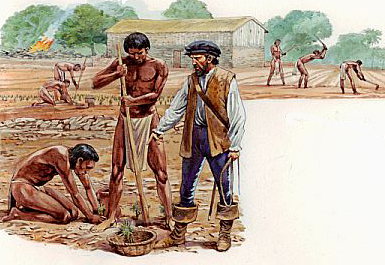Characteristics of Thought in the 17th Century
Universal History / / July 04, 2021
The characteristics of thought in the seventeenth century, had an impact on this time, highlighting:
- The birth of the absolutist states in Western Europe, which exercise the government in an authoritarian way.
- The beginning of capitalism that led to the economic practice called 'mercantilism.
- Mercantilism arises, developed between the 16th and 18th centuries, which considered the expansion of markets and the protection of commercial interests essential. The characteristics of mercantilism are:
* Preference for precious metals (gold and silver). Positive trade balance (promoting exports and limiting imports).
* Boost to trade (eliminate taxes and grant subsidies).
* Regulatory institutions (creation of mints and exchange houses, which favored the creation of paper money and the stock market).
- The kings strengthen their alliances with the cities and they begin to speak of nations.
- Abolition of sovereignty of the feudal lords.
- Consolidation of royal power by divine right independently of the Pope.
- Development of the economy, inventive, intellectual and artistic genius.
- The nobles have political positions, the bourgeoisie is educated and demands participation in the government.
- The wealth of a country is measured by the amount of gold and silver it possessed due to geographical discoveries.
- Inventors and technical education are promoted through workshops.
- Powerful armies and fleets of war are armed, especially France and England to extend their dominions.
- Promotion of trade through kings and the State to obtain wealth and power.
- The possession of markets leads to wars between nations.



